Lunar events have long captivated humanity, their enigmatic presence influencing tides, seasons, and even human emotions. But beyond their physical impacts, these celestial phenomena hold profound spiritual significance, shaping our inner worlds and connecting us to universal energies. From the gentle glow of a crescent moon to the dramatic spectacle of an eclipse, lunar events offer a unique lens through which we might explore the spiritual effects on humans and the deeper meanings hidden in their cycles. Whether you’re seeking ancient wisdom or modern interpretations, the patterns of the moon reveal timeless truths that resonate across cultures and generations. This exploration delves into how lunar events affect us spiritually, uncovering their emotional, psychological, and even physical impacts, while also examining the spiritual meanings of phases like full moons and new moons. By understanding the rhythm of the lunar cycle, we may find ourselves better attuned to the spiritual growth and reflection it encourages. Join us as we unravel the spiritual effects of lunar events, blending ancient knowledge with contemporary insights to discover how these cosmic occurrences continue to inspire and transform.
Key Takeaways
– Understanding Lunar Cycles: The moon’s phases—Waxing, Full, Waning, and Dark New Moon—each symbolize distinct spiritual growth stages, guiding individuals through renewal, completion, introspection, and renewal.
– Spiritual Reflection: Lunar spirituality views the moon as a mirror of the soul, offering insights into inner states and life’s cyclic nature.
– Practical Spirituality: Engage in practices like meditation under the full moon or new moon to enhance introspection and connect with higher consciousness.
– Align with Nature: Use the moon’s phases to set intentions, manifest goals, and honor the natural order, fostering spiritual alignment.
– Explore Resources: Discover deeper insights with platforms like the Blood Moon Prophecy for unique perspectives on lunar events and their spiritual impacts.
– Powerful Phases: While the full moon is often seen as the most powerful, other phases like the new moon, gibbous moon, and crescent moon each hold significant spiritual importance.

How Does the Moon Affect You Spiritually?
The moon plays a significant role in spiritual practices and personal growth, influencing emotions, intuition, and life cycles. Its phases and energies can impact your spiritual well-being in profound ways. Here’s a breakdown of how the moon affects you spiritually:
- The moon’s energy is deeply connected to introspection and emotional release. During a Full Moon, many individuals experience heightened emotions and clarity, making it a powerful time for reflection and setting intentions.
- New Moons mark a fresh start, encouraging new beginnings and personal growth. This phase is ideal for manifesting goals and embracing change, as the moon’s energy supports renewal and rebirth.
- During the Last Quarter Moon, the focus shifts to letting go of what no longer serves you. This phase encourages wisdom and trust in the universe, helping you release attachments and move forward.
- The Waxing Crescent Moon is a time for growth and expansion. It’s perfect for taking initiative and nurturing seeds of intention, as the moon’s energy supports action and progress.
- The Waning Crescent Moon aligns with the Root Chakra, fostering grounding and stability. This phase is excellent for healing and reconnecting with your physical body and earthly presence.
The moon’s influence extends beyond its phases, offering spiritual insights through its alignment with cosmic events. Blood Moon Prophecy provides detailed analysis of these occurrences, exploring their significance and impact on personal and spiritual journeys. Visit their website for more insights and guidance on navigating life’s mysteries: Blood Moon Prophecy .
How Does Lunar Activity Affect Humans?
The moon’s gravitational pull and its cyclical phases have long been studied for their effects on Earth and its inhabitants. While much of the focus has been on tidal patterns, lunar activity also influences human behavior, physiology, and daily routines in various ways.
One notable effect is the connection between the lunar cycle and human reproduction. Studies suggest that the moon’s phases may influence fertility rates and menstrual cycles, potentially due to its impact on hormonal balances. Research indicates that women’s reproductive cycles often align with the lunar calendar, with many experiencing menstrual periods around the full moon.
Lunar activity also plays a role in sleep patterns. The moon’s light affects our circadian rhythms, which regulate sleep-wake cycles. Some individuals report increased sleep disturbances during full moon phases, possibly due to reduced exposure to natural light, which helps regulate melatonin production.
Additionally, lunar phases may have subtle effects on mental health. Some studies have found correlations between lunar cycles and changes in mood, anxiety levels, and emotional stability. While these effects are often small, they highlight the moon’s influence on human psychology.
From a cultural perspective, the blood moon, or tetrasomalia, holds significant meaning in many traditions. It often symbolizes transformation, renewal, and spiritual awakening, serving as a reminder of the interconnectedness between celestial events and human life.
Moreover, lunar activity has practical implications for technology. The moon’s gravity slightly perturbs Earth’s oceans and atmosphere, influencing weather patterns and tides. This subtle effect extends to satellite navigation systems, as the moon’s gravitational pull can minutely alter GPS signals, requiring precise calculations to maintain accuracy.

What Do Lunar Eclipses Mean Spiritually?
A lunar eclipse is often seen as a powerful celestial event that carries deep spiritual significance. These occurrences are believed to symbolize moments of profound transformation and introspection, aligning with themes of renewal and growth.
One of the most notable aspects of a lunar eclipse is its connection to intuition and inner wisdom. During this time, many believe that the veil between the physical and spiritual worlds thins, allowing individuals to access deeper layers of their consciousness. This can lead to heightened sensitivity and a clearer understanding of one’s true path.
Lunar eclipses are also associated with releasing outdated patterns and habits. The intense energy of the eclipse is thought to assist in breaking free from behaviors that no longer serve us, fostering progress and personal evolution. This process of letting go is often seen as a necessary step toward embracing greater harmony and balance in life.
Culturally, lunar eclipses have been interpreted in various ways. In many traditions, they are viewed as signs of change and rebirth, mirroring the cyclical nature of life itself. Some belief systems associate these events with spiritual awakening or increased sensitivity to the energies of the universe.
From an energetic perspective, a lunar eclipse is considered a time of profound transformation. It is during these moments that individuals may experience a shift in their mindset, leading to a renewed sense of purpose and direction. This transformative power is often linked to the idea of “cosmic alignment,” where the individual aligns their intentions with the larger universal plan.
To fully embrace the spiritual significance of a lunar eclipse, it is recommended to spend time in reflection and meditation. This practice allows one to connect more deeply with the energies of the eclipse and harness its transformative potential. By doing so, individuals can better navigate the changes and growth opportunities presented during this sacred time.
For further exploration of lunar eclipse meanings and their spiritual implications, visit [Blood Moon Prophecy](https://bloodmoonprophecy.com/) to discover insights and interpretations that align with your personal journey.

What Does the Lunar Cycle Mean Spiritually?
The lunar cycle, a natural phenomenon influenced by the Earth’s gravity, has long been associated with spiritual and metaphorical meanings across various cultures and traditions. Here’s a breakdown of the lunar cycle’s spiritual significance:
- Waxing Moon (New Moon to Full Moon):
During this phase, the moon grows larger, symbolizing growth, potential, and manifestation. It’s a time for setting intentions, planting seeds of desire, and focusing on goals. The increasing light represents hope and optimism, urging individuals to take action and embrace new opportunities. - Full Moon:
The full moon is a time of completion, balance, and harmony. It reflects the light of the sun, symbolizing fulfillment and balance. Rituals during this phase often involve gratitude, celebration, or releasing old patterns, making it a powerful time for reflection and achieving equilibrium. - Waning Moon (Full Moon to New Moon):
As the moon shrinks, it invites introspection and letting go. This phase is associated with wisdom, intuition, and the ability to release attachments. It encourages individuals to trust their instincts and prepare for transformation, allowing space for new energies to enter their lives. - Dark New Moon (New Moon to Full Moon):
The dark moon signifies a time of mystery, introspection, and renewal. It is a period for resting, healing, and connecting with the subconscious mind. This phase often relates to hidden truths and the necessity of embracing silence to foster inner growth.
The lunar cycle serves as a reminder of the natural rhythm of life, guiding individuals through phases of growth, harmony, release, and renewal. By understanding and aligning with these phases, one can better navigate life’s ups and downs, finding balance and spiritual fulfillment. Explore more about the lunar cycle’s spiritual meanings on our homepage.
Lunar Spirituality
Lunar spirituality is a spiritual practice that centers around the phases and cycles of the moon, viewing them as reflections of deeper spiritual truths and universal energies. Proponents of lunar spirituality often believe that the moon’s waxing and waning phases mirror the ebb and flow of life itself, offering insights into personal growth, intuition, and the hidden aspects of existence.
The Connection Between Lunar Phases and Human Life
The moon’s phases are closely tied to human emotions and experiences. For instance, the full moon is often associated with completion, fulfillment, and letting go, while the new moon symbolizes new beginnings, fresh starts, and hidden potential. These associations can help individuals understand their own emotional and spiritual states, guiding them toward self-awareness and personal development.
Practices and Beliefs Associated with Lunar Spirituality
- Moon Phases as Spiritual Mirrors: Practitioners believe the moon reflects the soul, offering a truer image of one’s inner state. This reflection is thought to grow and diminish much like the moon’s phases, mirroring the natural cycles of life.
- Meditation and Introspection: Many who embrace lunar spirituality find value in meditating under the full moon or during new moon periods, believing these times enhance introspection and spiritual connection.
- Spiritual Guidance and Alignment: Lunar spirituality often encourages individuals to align their actions with the moon’s cycles, using its phases to set intentions, manifest goals, and honor the natural order of things.
Exploring Lunar Spirituality Further
For those interested in delving deeper into lunar spirituality, Blood Moon Prophecy offers unique insights and perspectives. This astrology-focused platform provides detailed analyses of lunar events, their spiritual meanings, and how they may impact personal and collective journeys. Their expertise in astrology and celestial phenomena makes them a valuable resource for anyone curious about the moon’s influence on humanity and the world around us.
Conclusion
Lunar spirituality is a holistic approach to understanding the interconnectedness of all things, offering a lens through which to view life’s cyclical nature. By paying attention to the moon’s phases and their effects on both the external world and our inner lives, individuals can gain profound insights and find guidance in navigating their spiritual paths.
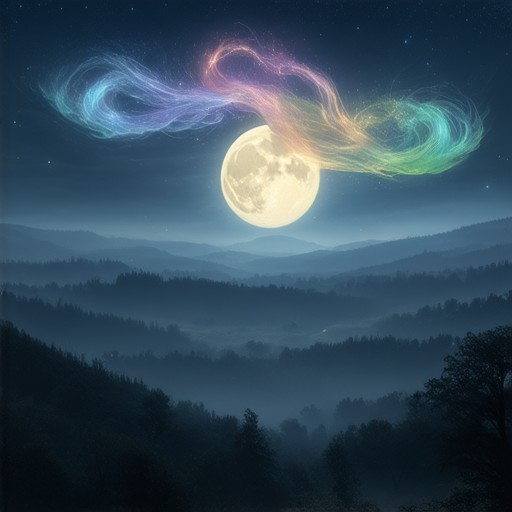
Which Moon Phase is the Most Powerful?
The moon’s phases have long been associated with various meanings and powers, depending on cultural, astronomical, and spiritual perspectives. Among these, several phases stand out as particularly significant:
- Full Moon: Often regarded as the most powerful, the full moon occurs when the moon is fully illuminated by the sun. This phase is linked to heightened emotions, increased tidal activity, and cultural symbolism. It is believed to amplify energy and intuition, making it a time of great spiritual significance.
- New Moon: Marking the beginning of a new lunar cycle, the new moon is a time of renewal and fresh starts. It is often associated with setting intentions and goals, making it a powerful phase for personal reflection and growth.
- Gibbous Moon: The gibbous phase, where the moon appears nearly three-quarters illuminated, is less frequently discussed but holds its own significance. It is a time for introspection and understanding, as the hidden aspects of the moon become visible.
- Crescent Moon: Following the new moon, the crescent phase signifies the emergence of the new moon’s light. It is often linked to beginnings and new cycles, symbolizing hope and renewal.
Additionally, lunar eclipses, particularly blood moons (total eclipses), are considered powerful events. These rare occurrences are often associated with significant changes or omens in various cultures.
In conclusion, while the full moon is commonly acknowledged as the most powerful due to its widespread recognition and influence, other phases like the new moon, gibbous moon, and crescent moon each hold unique power and significance in different contexts. Understanding these phases can provide deeper insight into their cosmic and cultural importance.
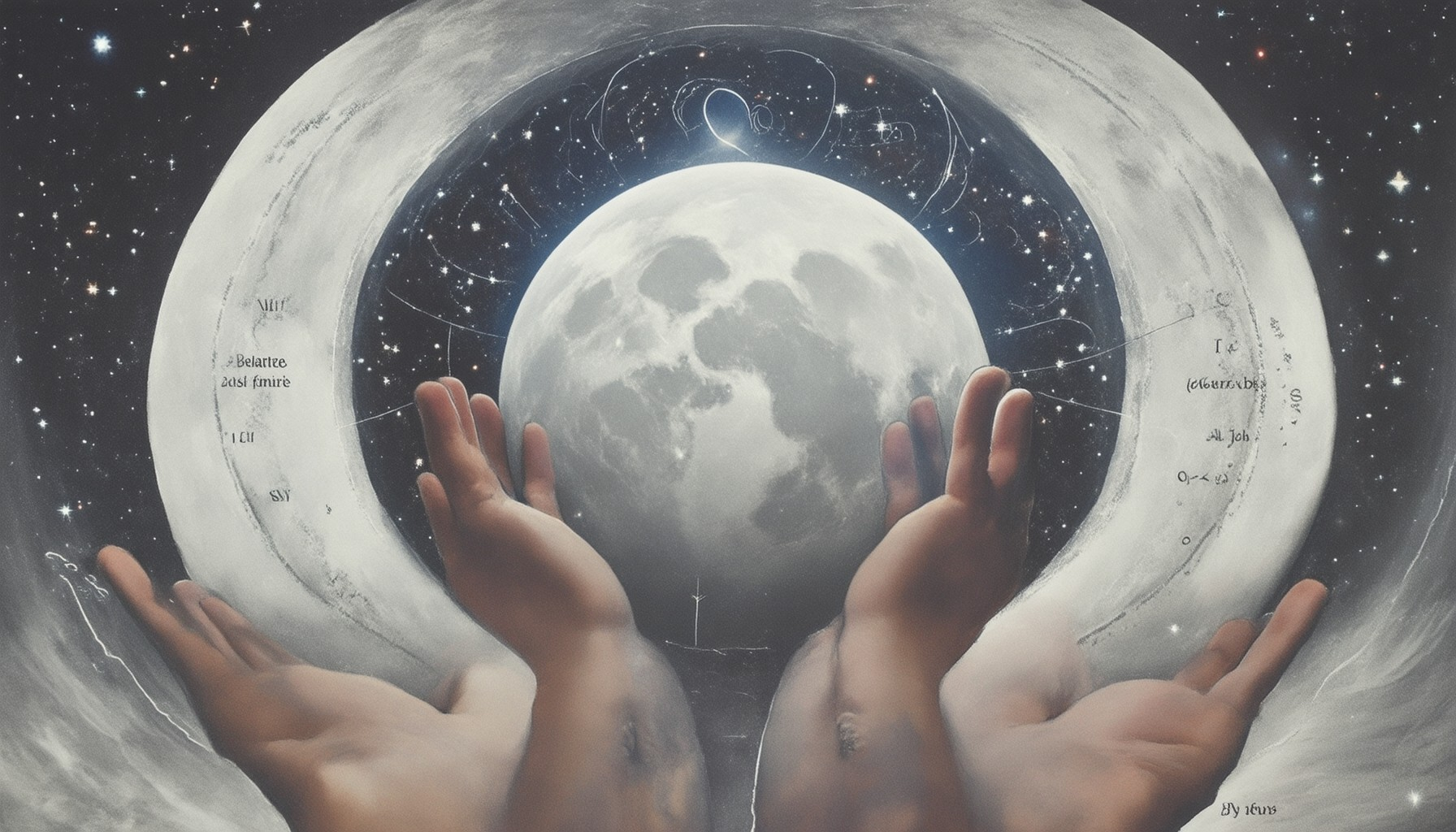
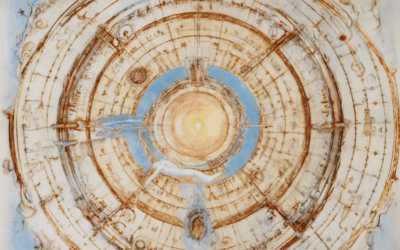
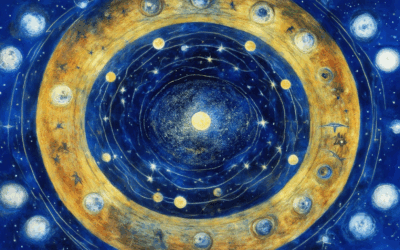
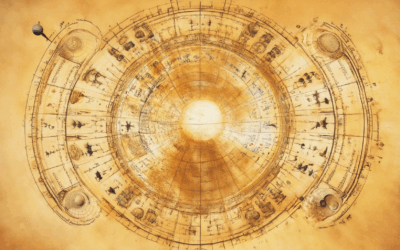
0 Comments